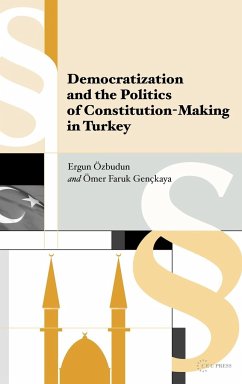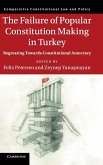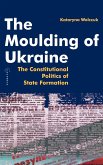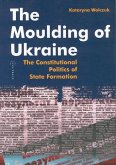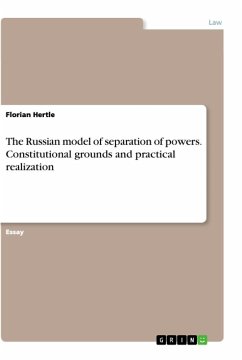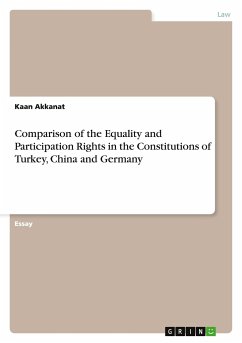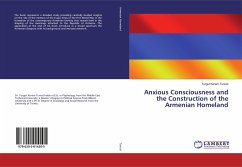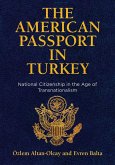Explores and illustrates how domestic and international factors shape the direction of democratization process with special reference to constitution making process in Turkey. Describes how all five Turkish constitutions were, by and large, the products of indigenous effort, although borrowing could be felt in certain limited areas. Argues that the constitutional reforms in the post-1983 period were the outco me of broad inter-party negotiations and agree ments as a response to the society's demands for a more democratic and liberal political system. Finally, the constitutional revisions adopted since 1995 were strongly conditioned by Turkey's hope of accession to the European Union. With these reforms, Turkey was successful in meeting the political criteria and started accession negotiations with the EU.
Hinweis: Dieser Artikel kann nur an eine deutsche Lieferadresse ausgeliefert werden.
Hinweis: Dieser Artikel kann nur an eine deutsche Lieferadresse ausgeliefert werden.

